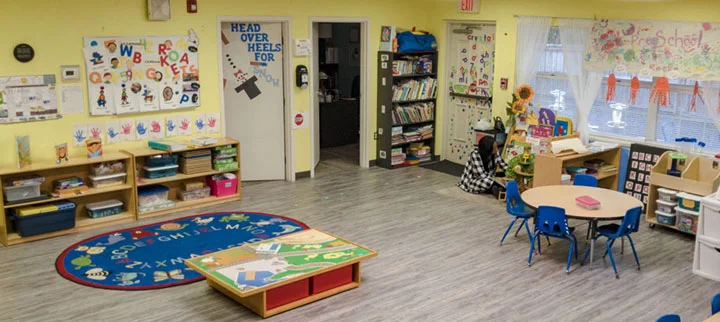When violence enters a home, children are often the silent victims. Whether they have witnessed abuse, experienced it firsthand, or are simply living in a home filled with fear and instability, the impact on their emotional and psychological well-being can be profound and long-lasting. At the Gulf Coast Center for Nonviolence, we believe every child deserves safety, healing, and a chance to thrive.
Our Children’s Program is designed to meet the unique needs of young survivors—those directly affected by violence or indirectly impacted through exposure. We offer a safe, nurturing environment where children can begin to understand and express their feelings, build resilience, and rediscover a sense of normalcy.
We know that breaking the cycle of violence begins with supporting the youngest survivors. Our team works with compassion and patience to help children feel seen, heard, and safe—restoring hope and planting seeds of healing for the future.
Counseling
We provide individual, group, and family counseling to children and adolescents who have been exposed to domestic violence, who have been sexually assaulted or abused, and to children at risk for abuse due to substance abuse in the home. Counseling is free, confidential, and available for children in our shelter program or in the community through our nonresidential program.
Childcare
Our Children’s Program staff offer professional, on-site childcare services for residential and nonresidential clients at our shelters. They also provide support and respite for residential parents, homework assistance for children, coordination and transportation for field trips and summer camps.
Parenting
We offer interactive parenting classes focused on topics related to parenting. Positive discipline, child safety, character building, and related subjects are explored. Our Outreach Educators also offer free training for parents, teachers, or advocates related to child safety, internet/technology safety, bullying, and the effects of interpersonal violence on children.
Education
We provide free, age-appropriate violence prevention education programs not only to the children residing in our shelter programs but also to area schools, health fairs, and community events.

Therapeutic Preschool
The Gulf Coast Center for Nonviolence Therapeutic Preschool is for potty trained children, ages 3 – 5 years old, who are victims of domestic violence, sexual assault, and/or parent substance abuse, or who have experienced trauma related to those issues. The program is open to the community and we welcome referrals. There is NO registration or tuition fee for the Gulf Coast Center for Nonviolence Therapeutic Preschool Program; services are provided without charge.
Our program focuses on building self-esteem as a base for the prevention of the future substance abuse and violence. The program includes pre-K educational curriculum with music and art activities, play therapy, counseling, and occasional community field trips. Along with the educational curriculum, we also incorporate a therapeutic curriculum. Services are provided by a certified teacher with a minimum Bachelor’s Degree in education with at least five years experience in the classroom.
- Pre-K Educational Curriculum
- Music and Art Activities
- Play Therapy
- Counseling
- Field Trips
- Social Skills & Competency
- Positive Relationships
- Problem Solving Strategies
- Positive Classroom Interaction & Management
- Peer Rejection Prevention
- Emotional Recognition
- Aggression Reduction Techniques
Initial preschool applications may be submitted to Gina Sudduth at gsuddeth@gccfn.org. After we receive your application, you will be contacted to either set up an intake appointment (where we will discuss your child’s background and request additional information) or let you know your placement on the preschool’s waiting list, if the school is full.
